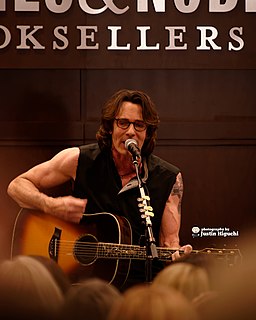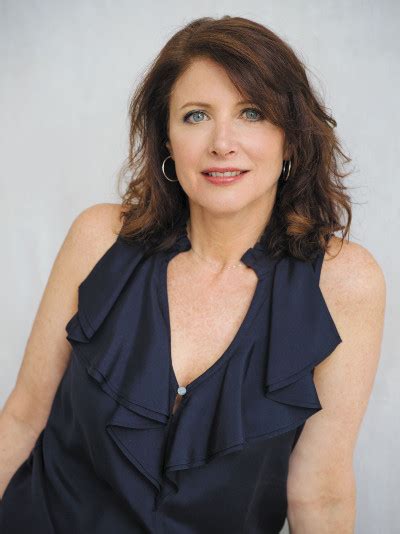A Quote by Steve Toltz
I write fiction, there's no guarantee that what I say is truthful.
Related Quotes
You can ask yourself, if a film makes a claim, is the claim true or false? Having said that, a style of presenting material doesn't guarantee truth. There's this crazy idea that somehow you pick a style, and by virtue of picking the style, you've provided something that is more truthful. It's as if you imagine that changing the font on a sentence you write makes it more truthful.
I write my first draft by hand, at least for fiction. For non-fiction, I write happily on a computer, but for fiction I write by hand, because I'm trying to achieve a kind of thoughtless state, or an unconscious instinctive state. I'm not reading what I write when I wrote. It's an unconscious outpouring that's a mess, and it's many, many steps away from anything anyone would want to read. Creating that way seems to generate the most interesting material for me to work with, though.
I write fiction longhand. That's not so much about rejecting technology as being unable to write fiction on a computer for some reason. I don't think I would write it on a typewriter either. I write in a very blind gut instinctive way. It just doesn't feel right. There's a physical connection. And then in nonfiction that's not the case at all. I can't even imagine writing nonfiction by hand.
If you give a writer a pile of blank paper and say you can write anything you like on any subject you want at any length you want, you will probably never get anything at all, whereas if you have 900 words to write, and it's fiction that is somehow op-ed fiction, and it needs to tie in with Halloween . . . okay, those are my constraints, that's where I now need to start building something.






































